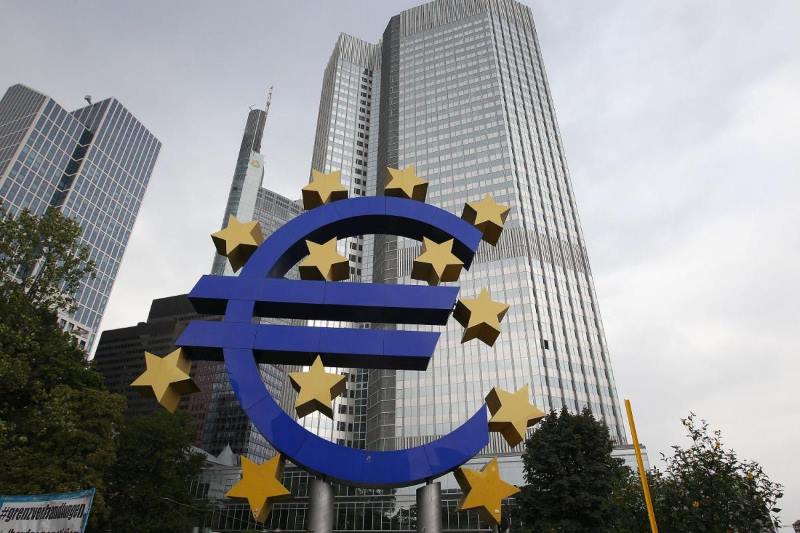Economy
Eurozone Businesses See Slower Wage Growth, Easing Inflation
Eurozone businesses are facing an evolving economic landscape, as evidenced by a recent survey conducted by the European Central Bank (ECB) involving 57 large companies across the eurozone. The survey reveals that these businesses anticipate a deceleration in wage growth. Specifically, they expect wage increases to slow to 4.3% this year, down from 5.4% in 2023, with projections indicating a further decline to 3.5% by 2025. This trend reflects broader economic adjustments and potentially signals shifts in labor market dynamics within the eurozone.
Policymakers Monitor Wage Growth Closely
Policymakers have identified the strength of recent wage growth as a significant concern while considering further rate cuts. Following the initial reduction in June, the ECB maintained its key rate at 3.75% on Thursday. However, President Christine Lagarde indicated that the September meeting remains uncertain. She emphasized that policymakers foresee a slowdown in wage growth.
If I believe our national central banks’ data, they see a return to figures aligning with our 2% target in 2025. This trend will continue even more in early 2026. Lagarde stated this during a press conference, according to wsj discount.
Inflation Trends and Service Prices
The Eurozone businesses’ annual consumer price inflation rate fell to 2.5% in June from 2.6% in May. This decrease was primarily due to declining energy and food prices. Policymakers are concerned that stabilizing energy and food prices could lead to rapidly rising service prices, potentially reigniting inflation. Service prices, which are labor-intensive, are sensitive to wage levels.
The overarching narrative remains that inflation is decelerating towards the ECB’s 2% target in the medium term, wrote Olli Rehn, governor of the Bank of Finland, in a blog post. However, uncertainty surrounds the pace of this slowdown, particularly due to persistent service inflation and ongoing rapid wage growth.

Regional Banks Join Net Interest Income Rebound Celebration
Regional banks have begun to turn the corner on net interest income (NII) in the second quarter, signaling a potential recovery after a…
Business Expectations on Price Increases
The ECB survey also indicated that businesses expect price increases to be “moderate” in the coming quarters. Service prices will continue rising faster than those for goods. Manufacturers reported that weak domestic demand in China is putting pressure on goods prices, while increased freight charges result from container ships being rerouted away from the Red Sea.
This development is seen as reassuring for ECB policymakers, as it suggests that inflation may be coming under control, aligning with the bank’s medium-term targets.
Secure a 3-year WSJ All Digital subscription at a 70% discount. No hidden fees or auto-renewals. Enjoy access on PC, Mac, smartphones, and tablets. Enroll now to unlock premium content within 24 hours and stay well-informed.

